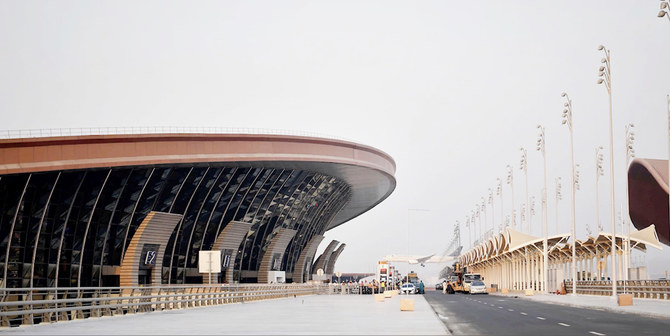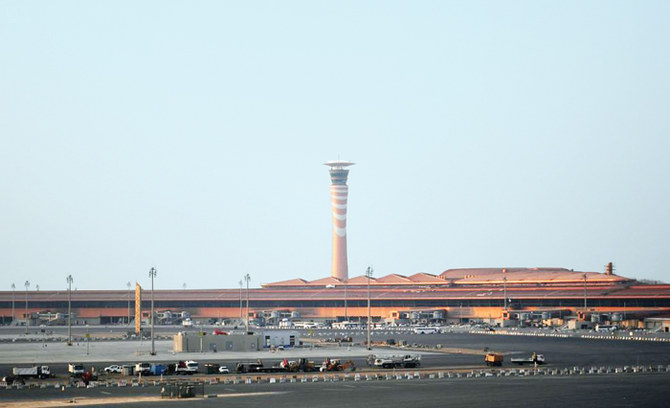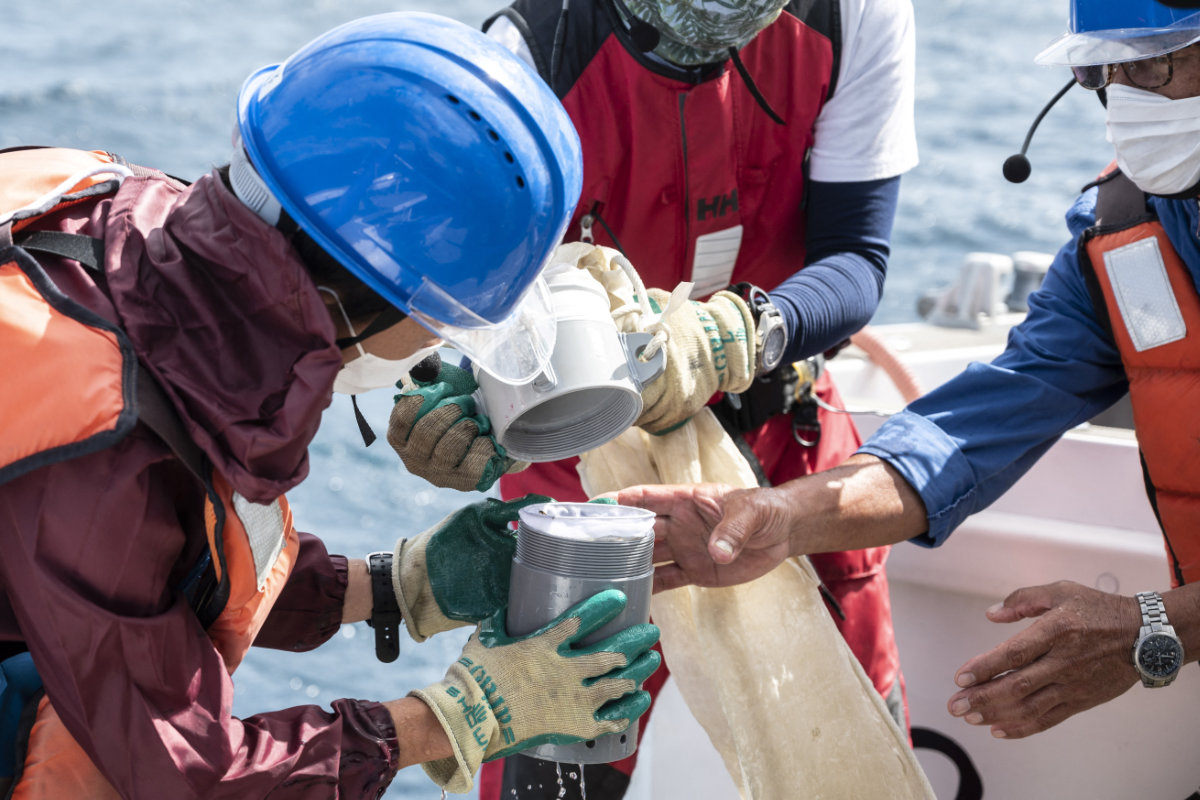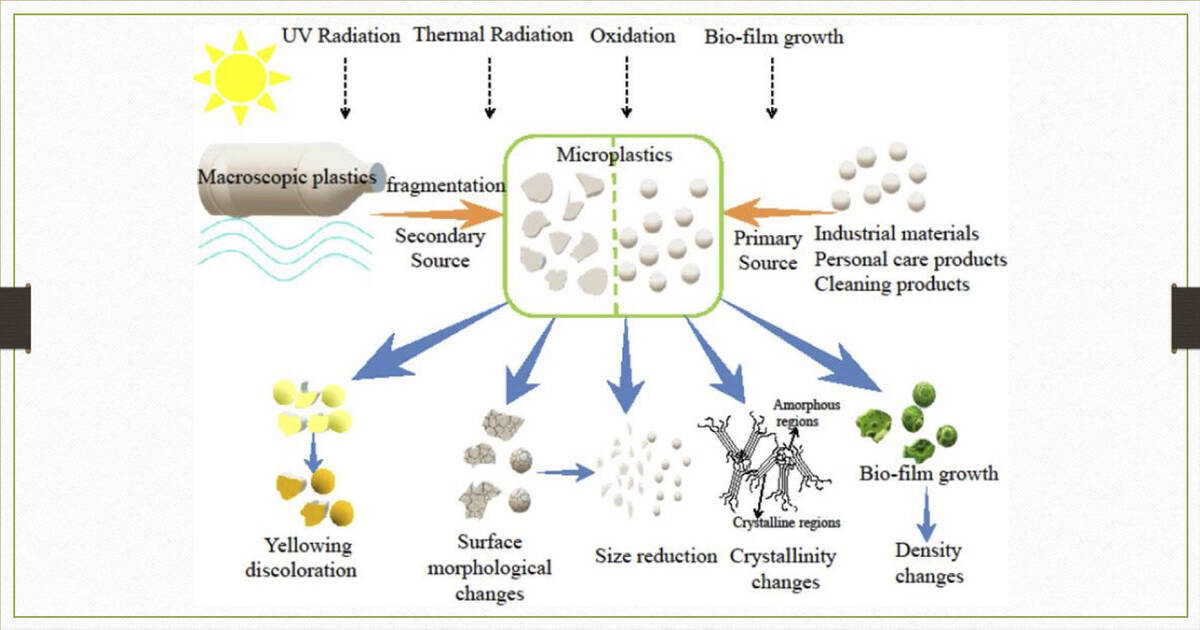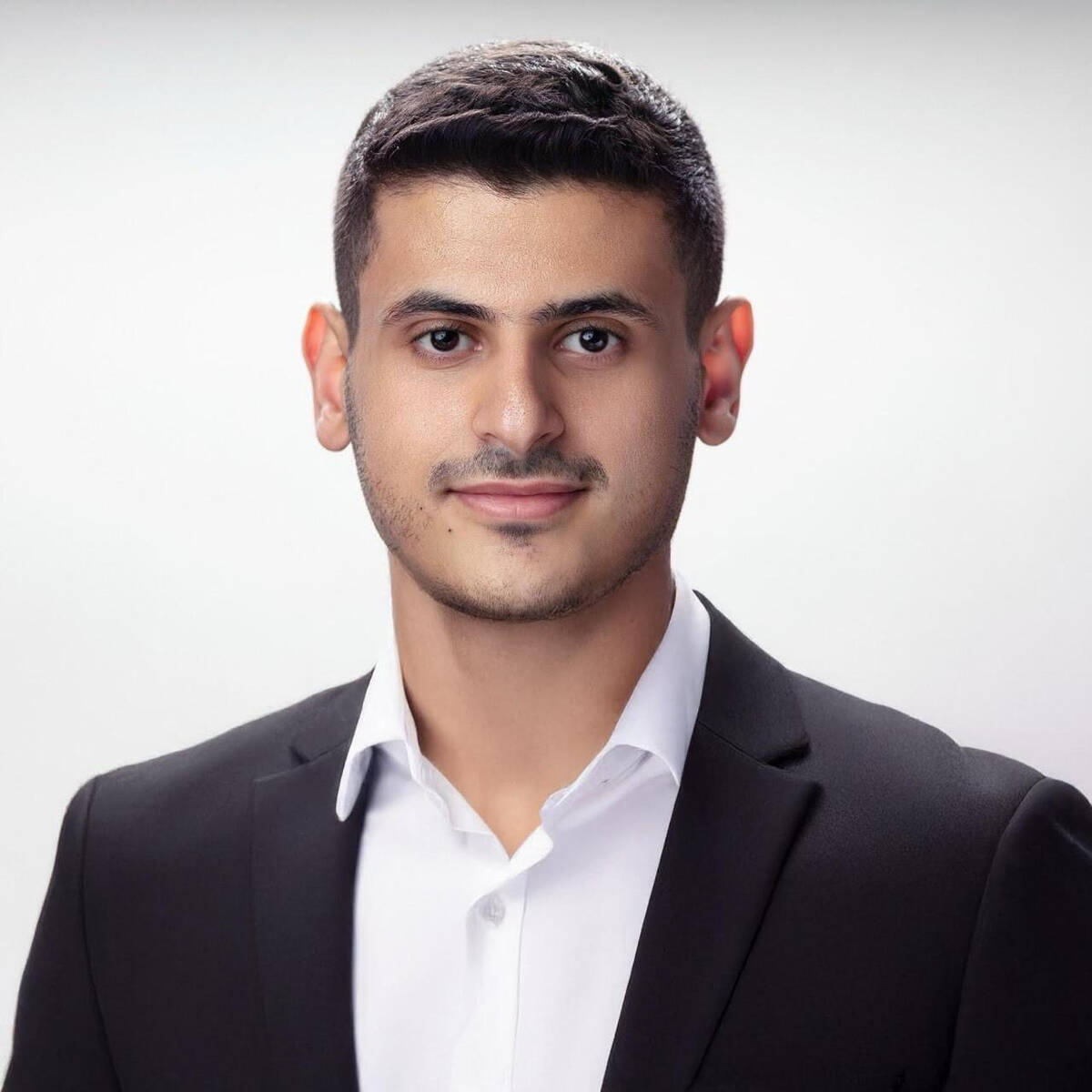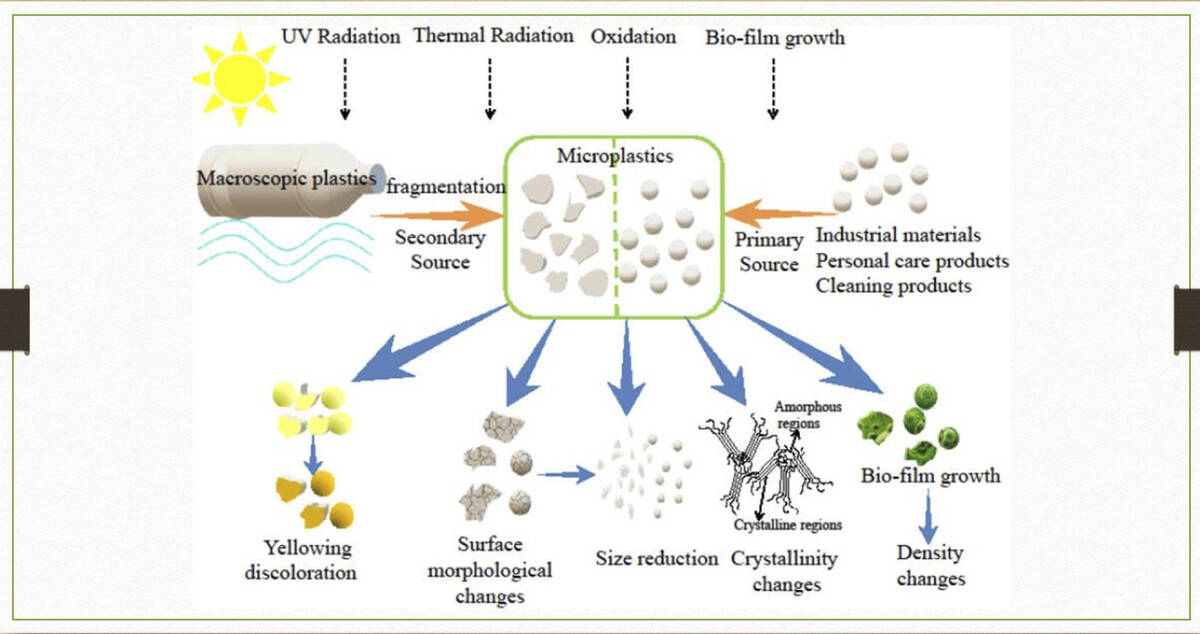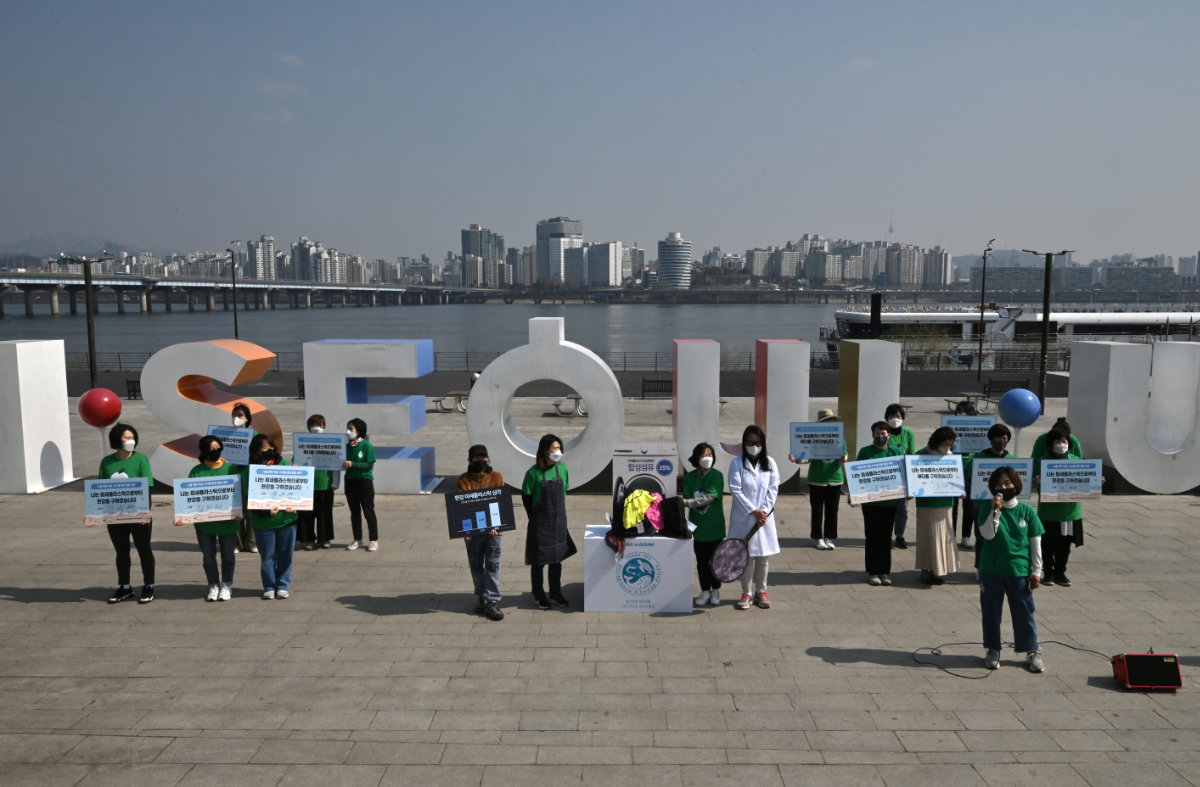JEDDAH: A day after Saudis celebrated their National Day, King Salman officially inaugurated the new King Abdul Aziz International Airport Terminal 1 (KAIA Terminal 1) in Jeddah, one of the biggest infrastructure projects undertaken in the Kingdom.
After the national anthem was played during Tuesday’s opening ceremony, King Salman toured the airport, which lies 19 kilometers from the heart of the city that is considered the gateway to the holy sites in Makkah.
KAIA Terminal 1 has a total area of 810,000 square meters and a capacity for handling 30 million passengers a year. It will be able to accommodate up to 70 aircraft simultaneously, including the Airbus A380 superjumbo jet.
KAIA Terminal 1 is estimated to be one of the largest terminals in the world. The long-term goal is to handle more than 80 million passengers per year by 2035 to keep pace with the growing demand on air travel and plans for attracting more tourists.
Upon his arrival at the new airport, King Salman was received by Makkah Gov. Prince Khaled Al-Faisal; Jeddah Gov. Prince Mishaal bin Majed; Minister for Transport and Chairman of the Board of Directors of the General Authority of Civil Aviation (GACA) Dr. Nabil bin Mohammed Al-Amoudi; and the president of the General Authority of Civil Aviation (GACA), Abdul-Hadi bin Ahmed Al-Mansouri.
“The civil aviation sector in the Kingdom has recently achieved qualitative leaps and creative developments, which contributed to 4.6 percent of gross domestic product, according to the International Air Transport Association (IATA) indicators,” Dr. Al-Amoudi said in his speech.
The number of people using KAIA hit a new record in 2018 by passing the 41.2 million mark.
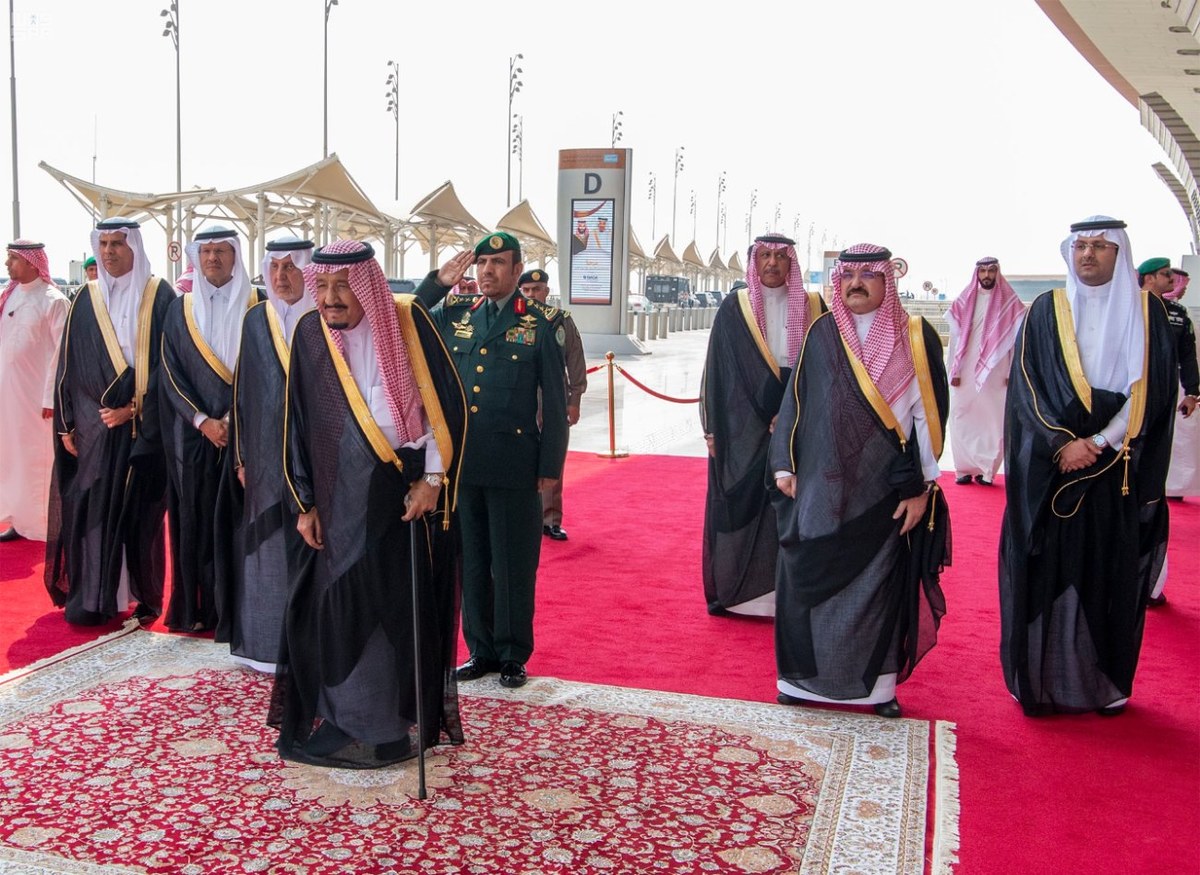
King Salman leads the official inauguration of the new KAIA Terminal 1, which has the tallest air traffic control tower in the world. (SPA)
Prince Mishaal pointed out that the KAIA Terminal 1 project was designed contribute to the construction of a logistics platform in the Kingdom linking the three main continents of the world.
“The new airport will be able to work pivotally linking East and West. It will also serve as an intensive collection point for the movement of passengers and goods, to become an influential position among international airports in the world, and will compete to get a fair share of the region’s air transport market,” he said.
The 136 meter-high air traffic control (ATC) tower with its 9-meter antenna is the tallest in the world. It is 4.8 meters higher than that of Suvarnabhumi International Airport in Thailand. From such heights, air traffic controllers can get a 360-degree view of the entire expanse of the airport.
KAIA TERMINAL I HIGHLIGHTS
- 220 boarding counters and 80 self-service kiosks for passengers
- 120 shops are spread over almost 28,000 square meters
GACA, in cooperation with the Saudi Air Navigation Services (SANS), has equipped the tower with the full gamut of modern equipment to ensure safe navigation: Advanced Surface Movement Guidance & Control System (A-SMGCS); advanced electronic flight planning system (EFPS); and arrival and departure management system (AMAN/ DMAN).
The tower also boasts advanced emergency communication systems; a voice communication control system (VCCS); communication recording and playback system (RAPS); and an instrument landing system (ILS), in addition to meteorological devices to be used in any weather conditions.
KAIA Terminal 1 contains the latest technical systems, including a baggage-handling system with 16 luggage belts and a total length of 1,700 meters.
Passengers can complete their travel procedures through 220 boarding counters, in addition to 80 self-service machines. The airport also includes 299 lifts.
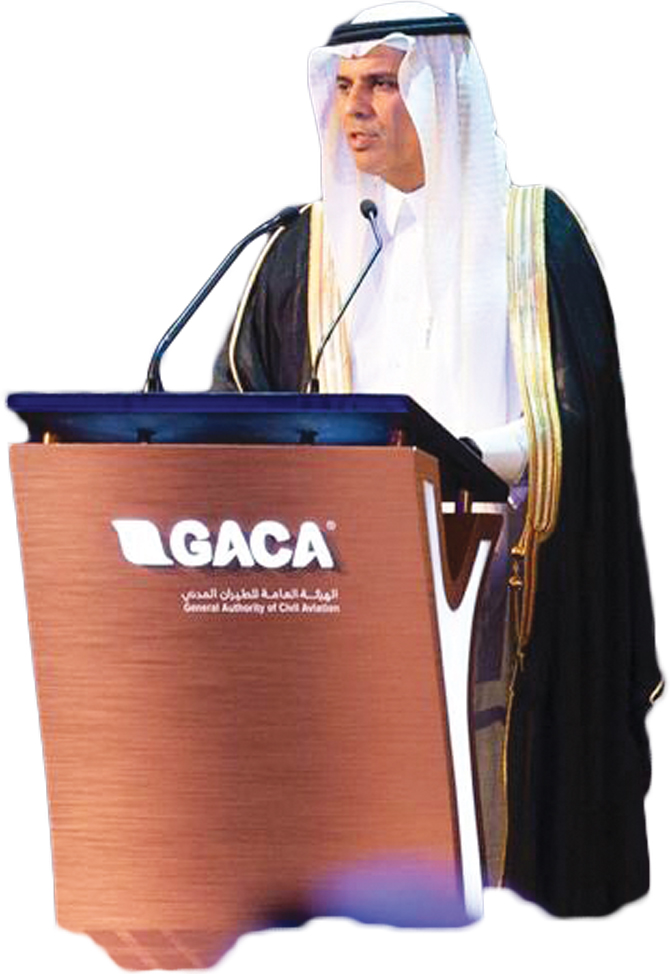
Dr. Nabil bin Mohammed Al-Amoudi Saudi Minister of Transport. (SPA)
Transit travelers can stay in one of the 120 rooms of the three-level, 5-star hotel. Passengers can also enjoy shopping at 120 shops spread over a space of 27,987 square meters.
Moreover, an estimated 3,732 passengers can perform their prayers at the same time in a mosque, which was built over an area of 2,450 square meters, or in 81 praying rooms inside the lounges.
The train station built at the new airport aims to improve transport for visitors and pilgrims to the two Holy Cities, in accordance with the Kingdom’s aim to welcome up to 30 million pilgrims for Hajj and Umrah by 2030.
The pilgrims will be welcomed by a specially designed, tent-shaped complex made up of five main tents (A, B, C, D and E) with fiberglass roofs.
The Haramain high-speed rail network will allow arriving passengers to make fast connections to Makkah, Madinah, and King Abdullah Economic City.
The new airport has 46 gates through which passengers can proceed to 70 aircraft through 94 transferable pedestrian tunnels. Another 28 airplanes can wait for passengers on the other side of the ramp.
Terminal 1 has a terminal control center that contains 44 control units that connect all government agencies and airport operators to the airport network. The center can manage all safety, security, fire and rescue operations in the terminal.
Interestingly, KAIA Terminal 1 is home to one of the biggest airport aquariums, 10 meters in diameter and 14 meters in height with a capacity of a million liters of water.


